IASSIDD 2024 Congress
Publicatie datum: 01 juli 2024
The IASSIDD (International Association for the Scientific Study of Intellectual and Developmental Disabilities) 2024 Congress will take place August 5-8 in Chicago.
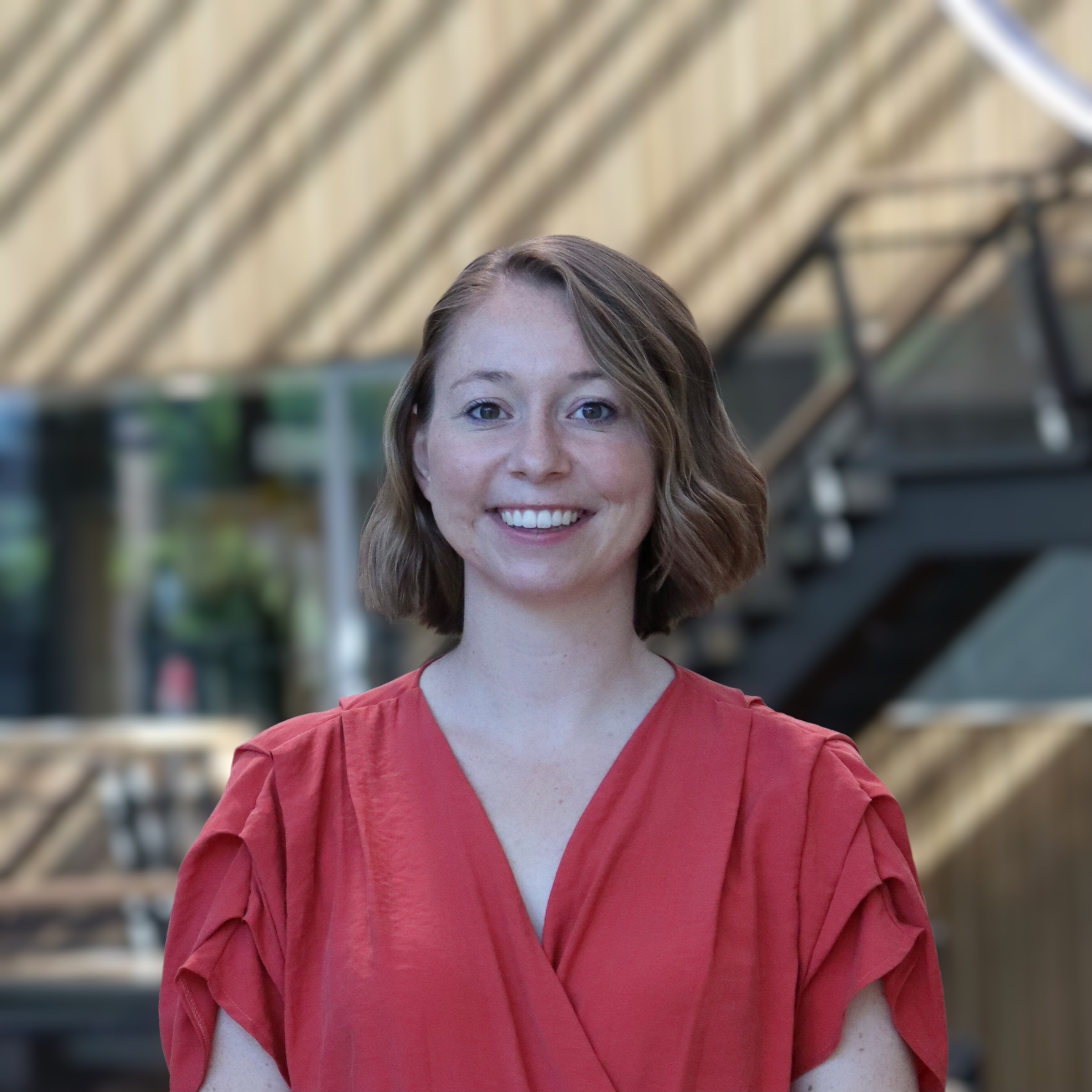
A scoping review on health concepts in the context of intellectual disabilities
Monday, August 5, 2024, 11:30 AM - 12:00 PM
New and more dynamic concepts of health are increasingly gaining attention but pose the question to what extend these are also suitable to improve the health of people with ID. The focus on self-management and adaptability in these concepts warrants attention to the needs of people with ID, their dependence on facilities in their context and support in their environment. Without attention to these aspects, new conceptualisations of health could compromise health equity for this population. The aim of this scoping review is to provide an overview of current conceptualizations of health for people with ID, to inform the development of a tailored and dynamic health concept for people with ID.
Cancer Incidence among People with Intellectual Disabilities in The Netherlands - A population-based Cohort Study
Monday, August 5, 2024, 12:00 PM - 12:20 PM
Scientific literature is inconclusive about the cancer incidence in populations of persons with intellectual disabilities (ID). A lack of understanding of the true cancer risks in this population can potentially harm opportunities for early detection and the delivery of adequately tailored care. In The Netherlands, a data-infrastructure is built to improve insight in health outcomes of persons with ID. This allowed to link databases and estimate cancer incidence at the population level, utilizing national cancer registry data.

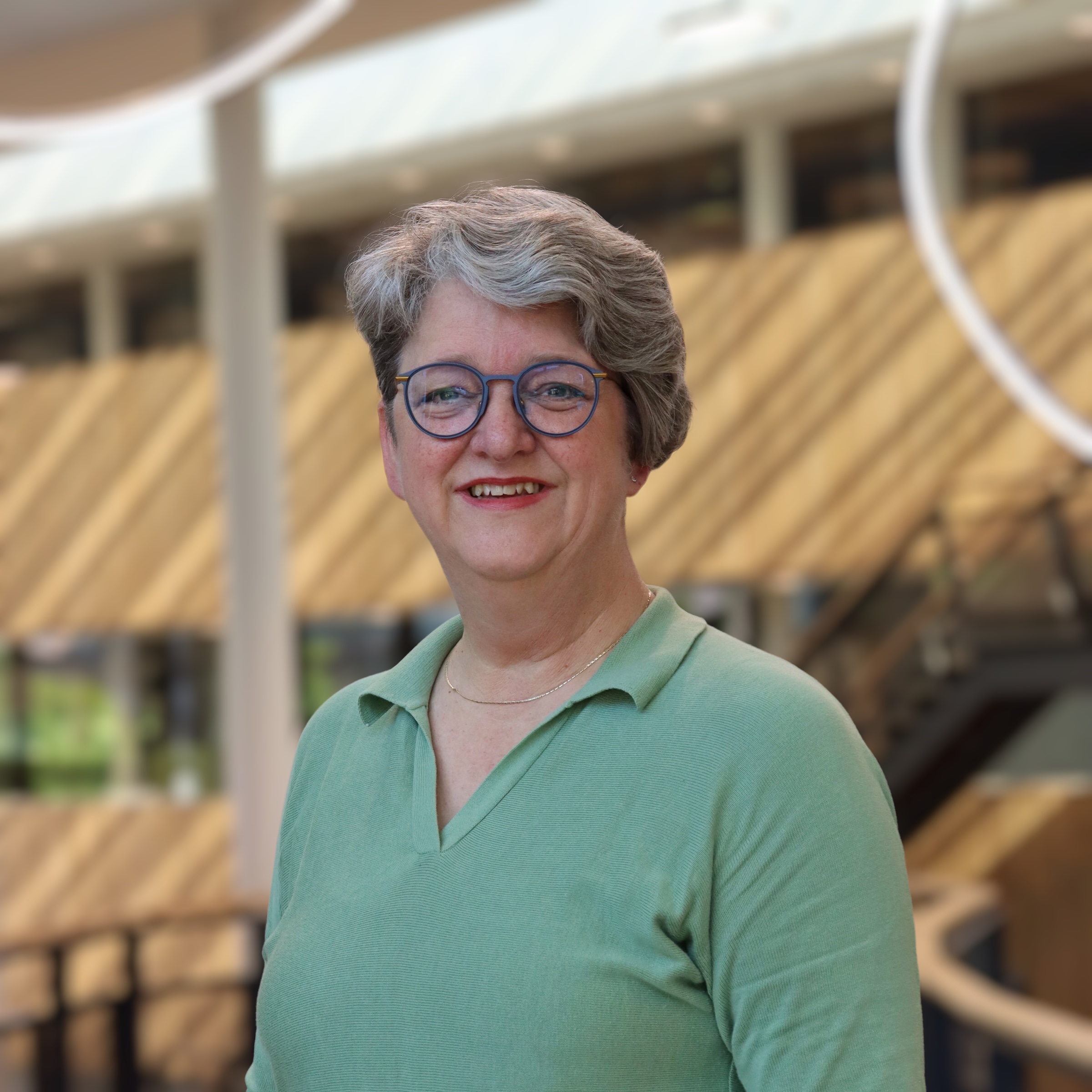
Parents’ perspectives on provided health care for adults with Down syndrome: a qualitative interview study
Monday, August 5, 2024, 1:00 PM - 1:15 PM
A comprehensive multidisciplinary medical guideline for adults with Down syndrome is lacking in the Netherlands. In this study, we aim to explore parents' views on multidisciplinary care and identify which aspects of health care they find most important in the context of developing such a guideline.
Skin cancer incidence in persons with intellectual disabilities in general practice: an underestimation or not?
Monday, August 5, 2024, 5:10 PM - 5:30 PM
Skin cancer is amongst the most prevalent types of cancer and there is a significant increase in number of skin cancer cases in Europe. General practitioners play a prominent role in early detection and (early) treatment of skin cancer. Persons with intellectual disabilities (ID) may have difficulties recognizing skin changes, which may postpone diagnosis and cause limited treatment options. However, little is known about skin cancer incidence in persons with ID in general practice, therefore we present the incidence and characteristics of adults with ID and skin cancer in (Dutch) general practice.
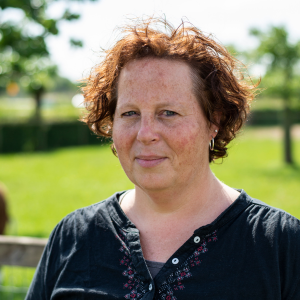

Exploration of experiences of cancer treatment around individuals with intellectual disabilities
Monday, August 5, 2024, 5:30 PM - 5:50 PM
Individuals with intellectual disabilities (ID) receive less cancer care than the general population, and experiences with cancer treatment in this group are sparse, obstructing healthcare professionals to easily find guidance to provide appropriate care. This indicates that these medically vulnerable patients need tailored attention in both cancer care and research.
Understanding the first hand experiences of access to and the different phases of ongoing cancer treatment are crucial starting points for healthcare improvements for individuals with ID.
This study explores perceptions and experiences of patients, oncologic caregivers, relatives and ID caregivers on initial cancer care for individuals with ID.
Cancer screening participation among people with ID in The Netherlands - A population-based cohort study
Monday, August 5, 2024, 5:30 PM - 5:50 PM
Dutch people with intellectual disability (ID) utilize less oncological care than people without ID that are of the same age and sex, while relatively more people with ID than without die due to an oncological condition. In both cases, disparities are notable for cancers part of the national screening program (breast, cervical, and colon cancer). A lack of insight in participation rates and outcomes of Dutch individuals with ID in the national screening programme prompted current investigation, which harnessed Dutch national databases to address this knowledge gap.
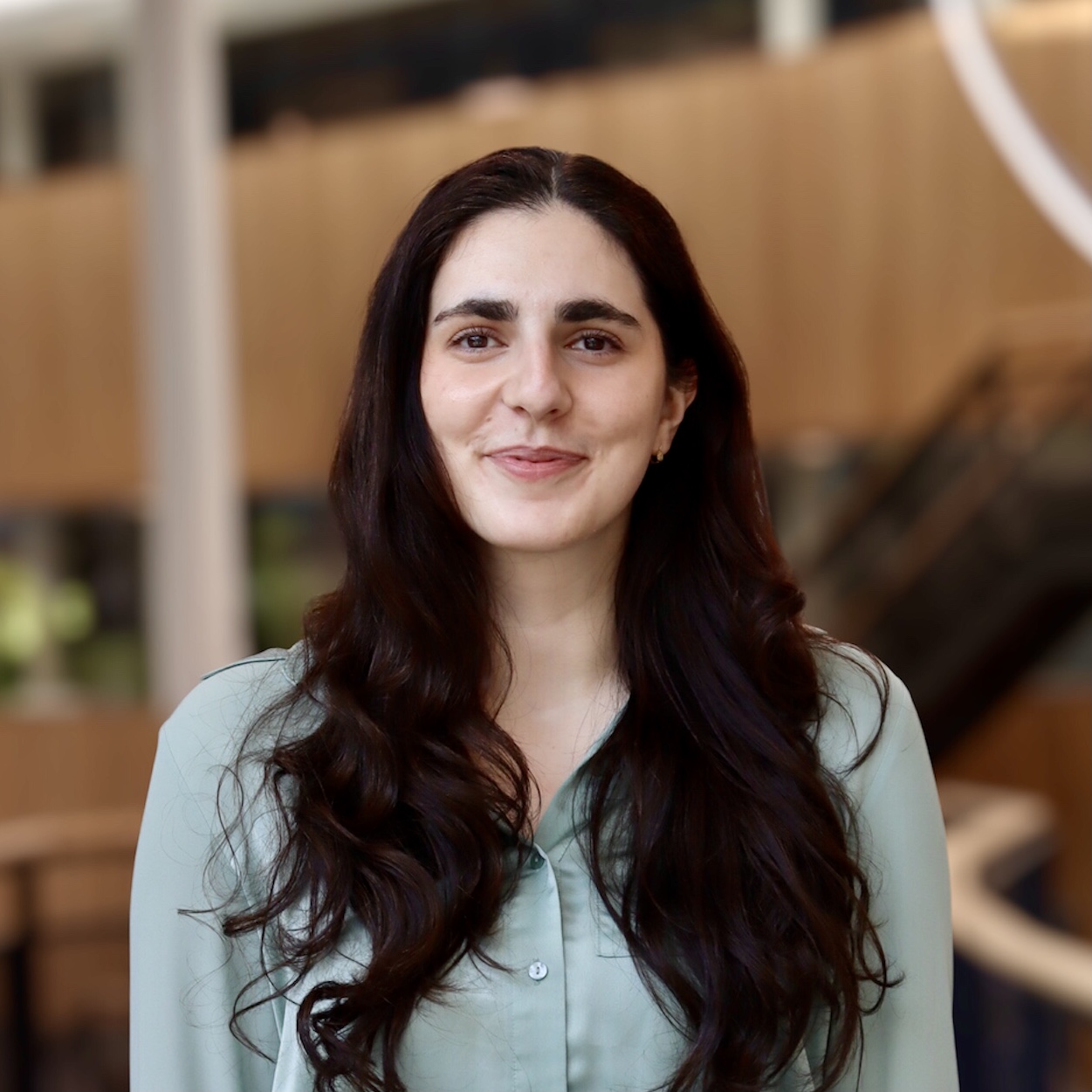

Reimagining international health research: exploring ideas for international collaboration on improving (access to) healthcare
Monday, August 5, 2024, 6:30 PM - 8:00 PM
In 2023, a special edition on the international organization of healthcare for people with intellectual disabilities was conducted under the auspices of the Health Issues and Comparative Policy and Practice SIRGs. This special edition established an engaged international network of researchers with an interest in this area who have had several online meetings in which the wish for intensified collaboration arose. Considering the benefits of taking a global perspective on issues of relevance for people with intellectual disabilities, this roundtable looks to explore ideas for future international collaboration and funding. Everyone with an interest in international collaboration concerning health and healthcare for people with intellectual disabilities is invited to join!
This Roundtable will provide a forum for participants with an interest in international research collaboration concerning the health and healthcare of people with intellectual disabilities. The inputs provided by Roundtable participants will provide a forum for participants with an interest in international research collaboration concerning the health and healthcare of people with intellectual disabilities. The inputs provided by Roundtable participants will allow for an elaborate discussion of possibilities for future sharing of information and evaluation of gaps in current knowledge.
Working towards uniformity in outcome measures for physical activity and physical fitness: an international perspective
Monday, August 5, 2024, 6:30 PM - 8:00 PM
This RT aims to identify and address challenges associated with evaluating physical activity(PA) and physical fitness(PF) in individuals with intellectual disabilities(ID).
Despite the acknowledged benefits of PA, existing research encounters noteworthy challenges related to the instruments themselves(e.g., complexity of surveys, inadequate wear time, and improper placement of Actigraph devices). Additionally, the use of diverse instruments across studies hampers comparability and synthesis of data.
This RT serves as the inaugural step toward reaching a consensus on the standardized use of instruments in research pertaining to PA and PF in individuals with ID.

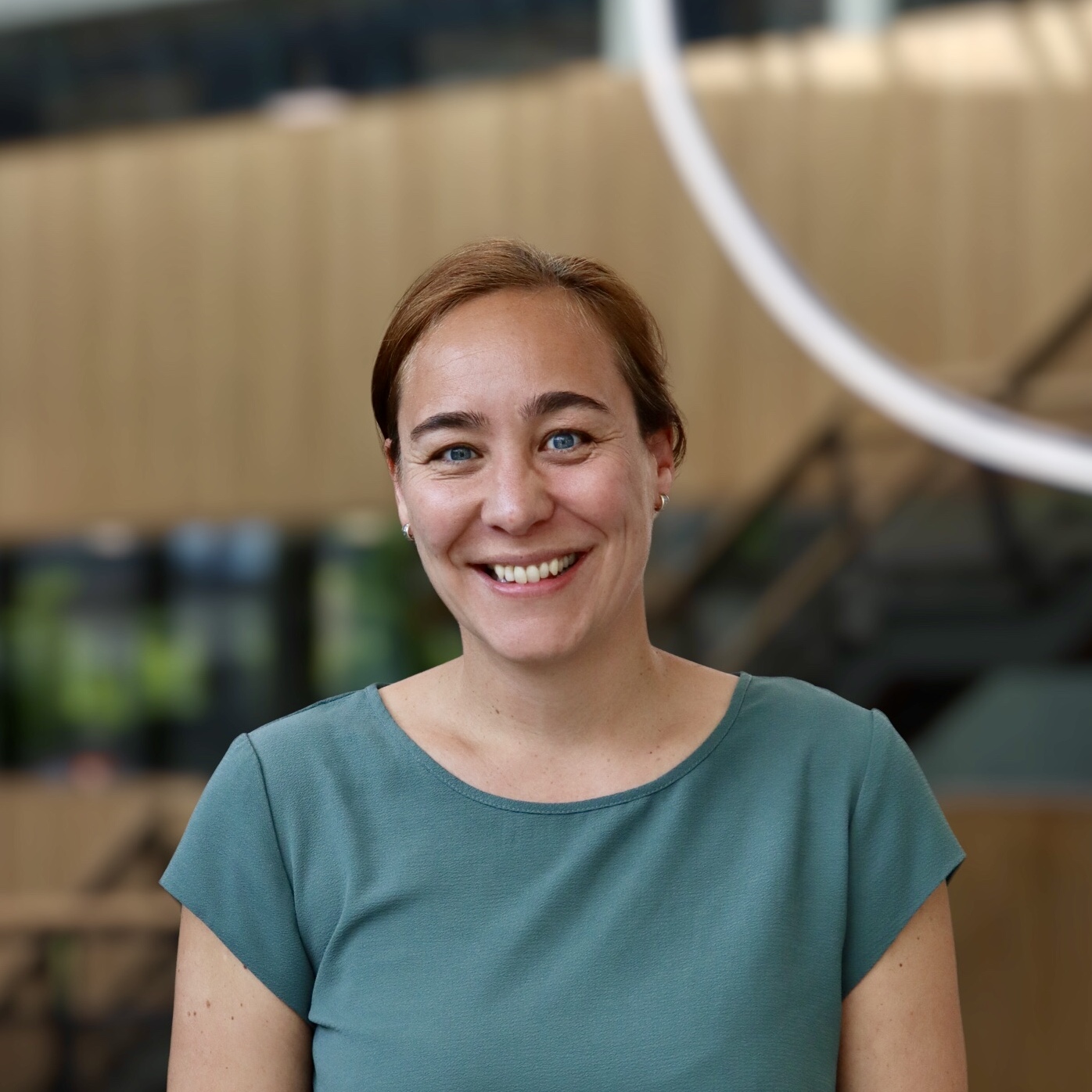
The accessibility of digital health research for people with mild intellectual disability
Tuesday, August 6, 2024, 11:00 AM - 11:20 AM
There is a variety in guidelines to improve the accessibility of information provision and technology for individuals with mild intellectual disability (MID) or low literacy (LL). Although the causes of MID or LL vary, both subpopulations face functional difficulties in acquiring and comprehending (digital) information due to lowered information management thresholds, limited reading ability or comprehension, or reduced visual acuity. Participatory methods with flexible and adaptive approaches that place participants in the center of the design or research process are needed to understand which and how specific elements make technology accessible and effective. This presentation reflects on several case studies highlighting the importance of 1) inclusive research and design, and 2) facilitating social designers and software engineers in collaborating with people with MID or LL.
A broad perspective on the Academic Collaborative: building blocks for strengthening interorganizational collaboration and knowledge exchange
Tuesday, August 6, 2024, 11:00 AM - 11:20 AM
Despite collaborative efforts to secure better quality health services and to address complex problems that traditional organizational structures cannot fulfil, health research consistently describes a knowledge gap between research and practice. While promising, Academic Collaborative Centers (ACC) also face challenges including (1) differences in timelines, knowledge needs and priorities between research and practice, and (2) limited use and implementation of novel scientific knowledge (products) and expensive innovations in practice. To date, little is known about the functioning of collaborative networks in the Intellectual Disability (ID) care sector and how they can effectively facilitate interorganizational research-practice collaboration and knowledge exchange. During this presentation, the results and implications of two studies will be presented.

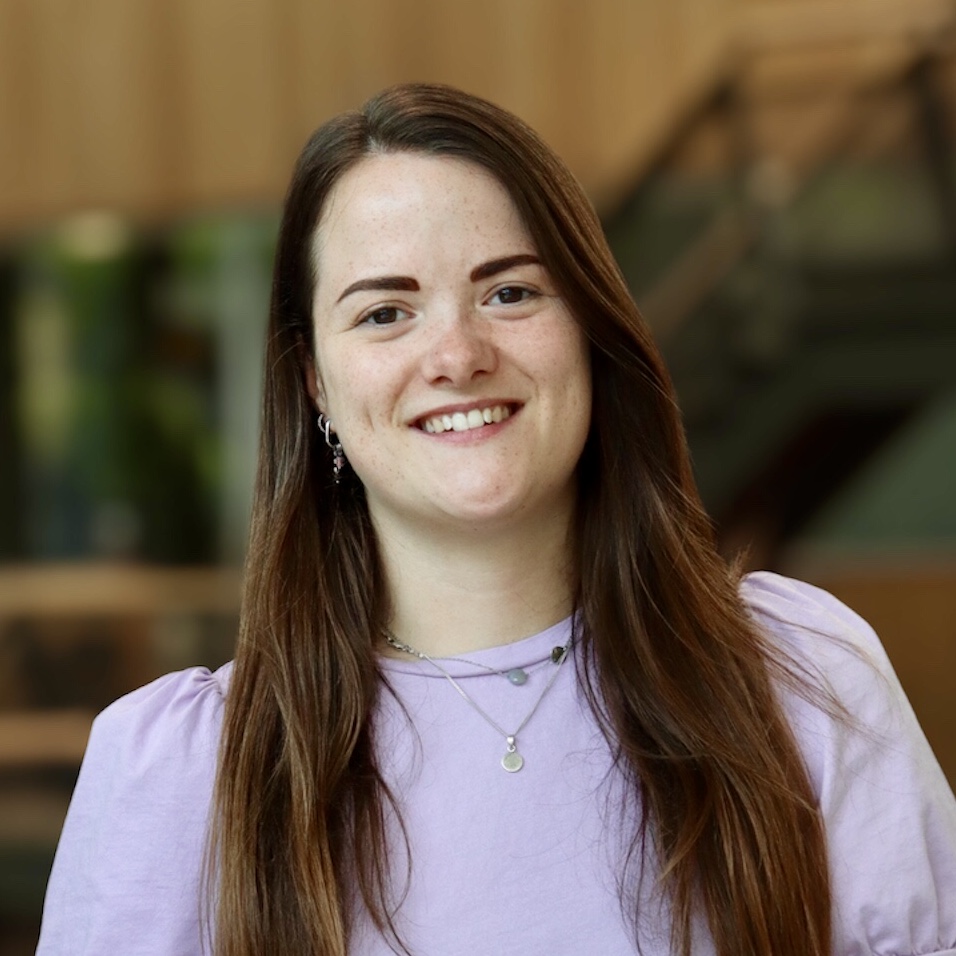
The inclusive re-design of a digital research platform for people with mild intellectual disabilities
Tuesday, August 6, 2024, 11:20 AM - 11:40 AM
Research demonstrates that having a mild intellectual disability (MID) or low literacy (LL) is associated with low health literacy, leading to health disparities. People with MID or LL have been excluded implicitly from research and technological development because studies are not adapted to their needs. However, inclusive methods with flexible and adaptive approaches have demonstrated to be well-suited for research and design. In this study we investigated the re-design of a digital research platform for and with people with MID and LL by a user-sensitive inclusive approach.
Bridging the gap between research and practice through Academic Collaboratives: design and practical examples of development
Tuesday, August 6, 2024, 11:20 AM - 11:40 AM
Improving health and healthcare for people with Intellectual Disabilities are dynamic processes in which research and practice are interdependent. It is important to establish a well-functioning knowledge exchange infrastructure to support these complex processes and to ensure the dissemination of scientific knowledge to practice and vice versa. In the Netherlands, Academic Collaboratives (ACs) are an innovative form to support research-practice collaboration and knowledge exchange in the ID care sector. The AC Intellectual disability and Health ‘Sterker op eigen benen’ (SOEB) aims to improve the health and healthcare for people with ID. The AC is a collaboration between an university medical center and six care provider organizations for people with ID.
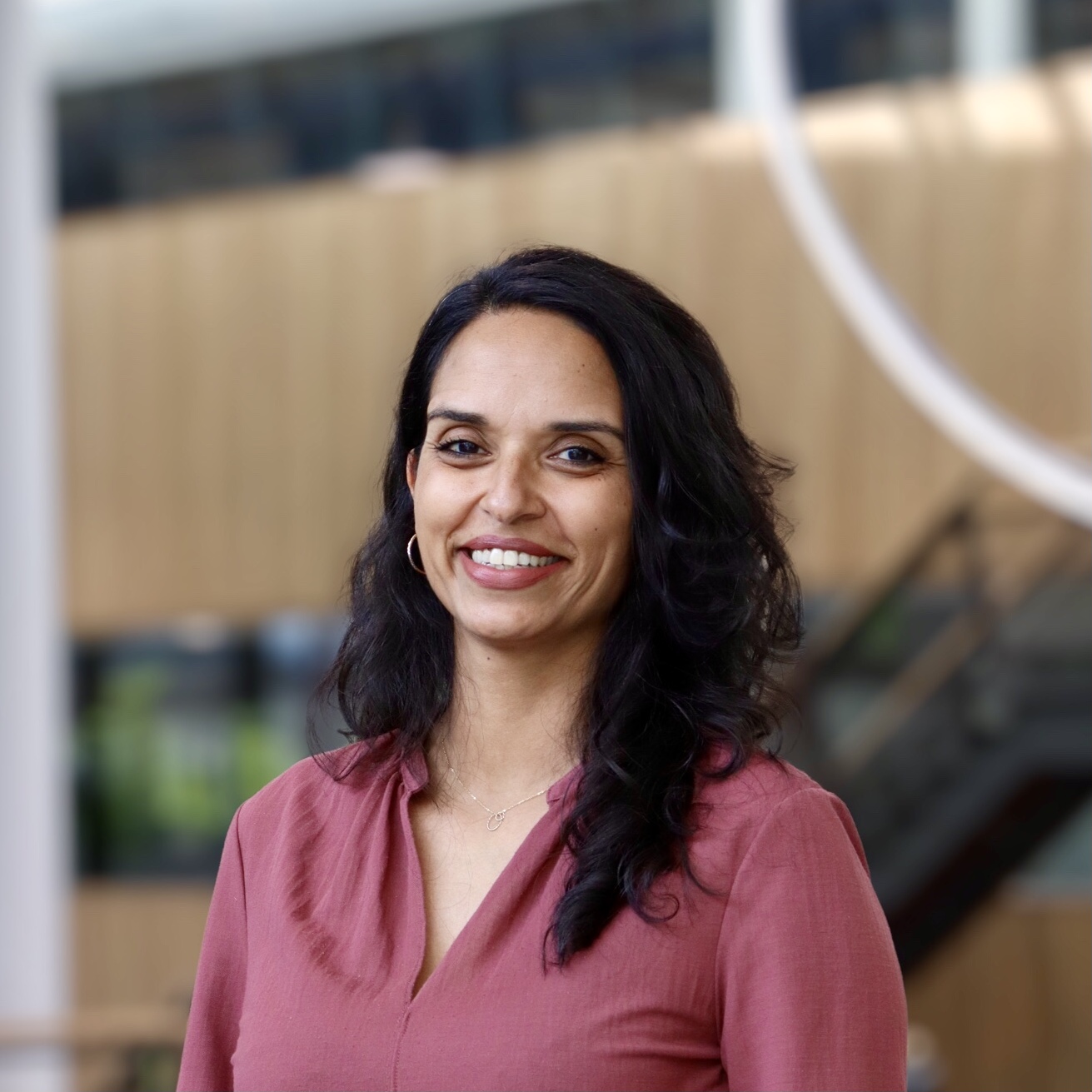

An accessible online survey to monitor impact of COVID-19 in people with mild intellectual disability
Tuesday, August 6, 2024, 11:40 AM - 12:00 PM
People having a mild intellectual disability (MID) and/or low literacy (LL) are at increased risk of health problems. However, they are not adequately reached through public health research, resulting in lacking insights in their health and support needs. During COVID-19 pandemic, the importance of these insights for appropriate policy-making became even more evident, as the perspective of this vulnerable group was missing from national surveillance.
This study examined the impact of the COVID-19 pandemic on mental health among people with lower cognitive and literacy skills compared with people who are mainly represented in national surveys.
Towards an inclusive health monitor: Structurally reaching people with mild intellectual disability in health research
Tuesday, August 6, 2024, 12:00 PM - 12:20 PM
During the COVID-19 pandemic an accessible online health monitor was developed, that provided valuable insights into the (mental) health and well-being of people with mild intellectual disability (MID) and/or low literacy skills. This project highlighted the importance and relevance of inclusive health monitoring. The current research project was initiated with the aim of developing a general inclusive health monitor in collaboration with people with MID and other stakeholders. This tool can be used to structurally monitor the health of people with MID, providing insights for policymakers and healthcare organizations to enhance their health position.
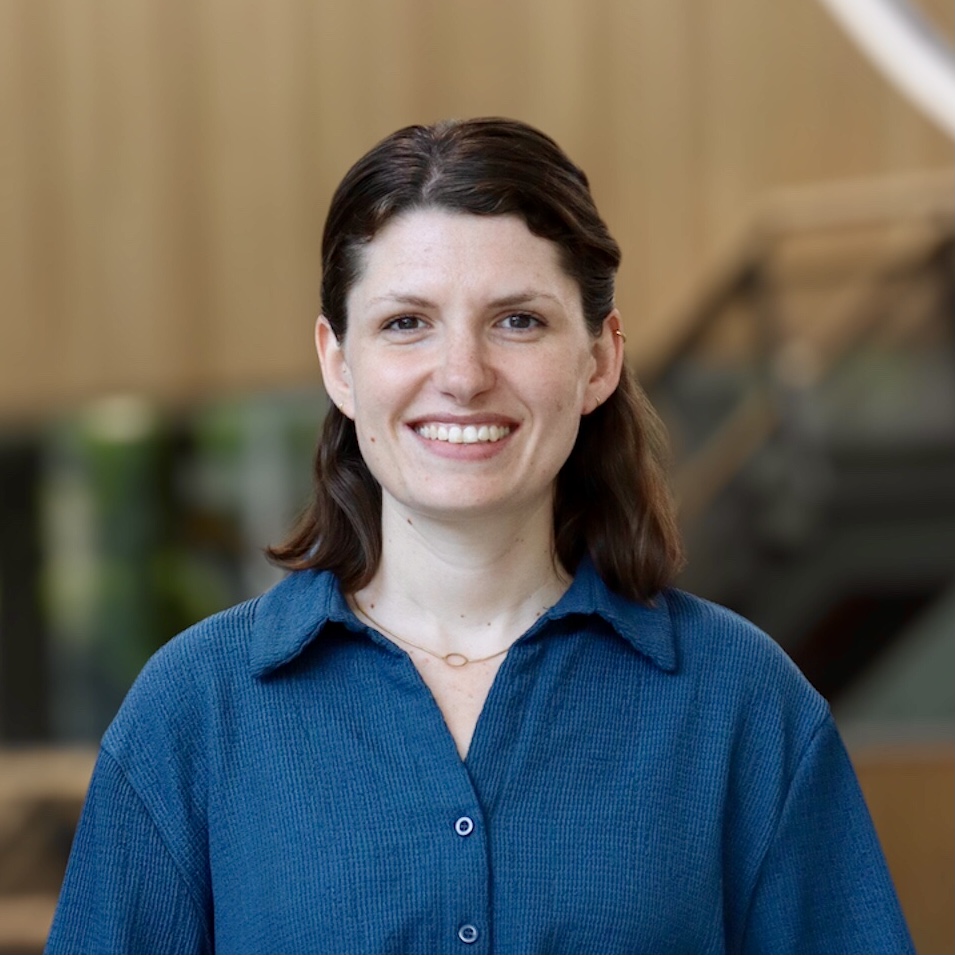

How Can We Bridge the Cancer Care Gap for People with Intellectual Disabilities?
Tuesday, August 6, 2024, 6:00 PM - 7:30 PM
Cancer is a prominent cause of morbidity and mortality among individuals with intellectual disabilities (ID). However, people with ID are less likely to acquire the same standard of care compared to their counterparts without ID. Suboptimal oncological care contributes to poorer outcomes for people with ID, including diagnoses at more advanced stages, fewer treatment options, and higher mortality. Addressing these complexities across the entire cancer continuum is of paramount importance for equitable cancer care.
In response, this roundtable focuses on the persistent disparities in cancer care faced by people with ID. We will delve into key questions spanning cancer screening, prevention, and treatment. This may also include discussion of how genetic factors are involved, and ethical considerations that may play a role. The goal is to bring together experts from various fields to collaboratively address these challenges, sharing ideas and planning a way forward in research and practice.
Keynote 7: The quest for inclusive research, a practical perspective on collaborating in research
Wednesday, August 7, 2024, 9:45 AM - 10:30 AM
Inclusive research aims to actively include people with intellectual disabilities in research in a meaningful way. Over the past decade, inclusive research receives growing attention and more and more initiatives are being developed. Researchers and co-researchers who get involved in collaborating in research projects walk a path that in many ways deviates from common academic practice. While many inclusive research teams describe their collaboration as a positive experience that contributes to the relevance of the research project, they also encounter challenges along their way. In this presentation I reflect on over 10 years of experience in inclusive health research projects at our research group. Our quest for inclusive research will include the positive experiences, the impact of inclusive research, but also the challenges we encountered along our way. We will discuss some of the ‘wicked questions’ we get asked about inclusive research including: does inclusive research create added value? does involving people with intellectual disability influence the quality of your research? are co-researchers actually part of your team or are they respondents? and, is everything you do inclusive? This presentation will focus on the process of inclusive research and what inclusive research collaboration can look like in practice. It will provide practical pointers for those who want to join the quest for inclusive research and develop their own inclusive research teams.
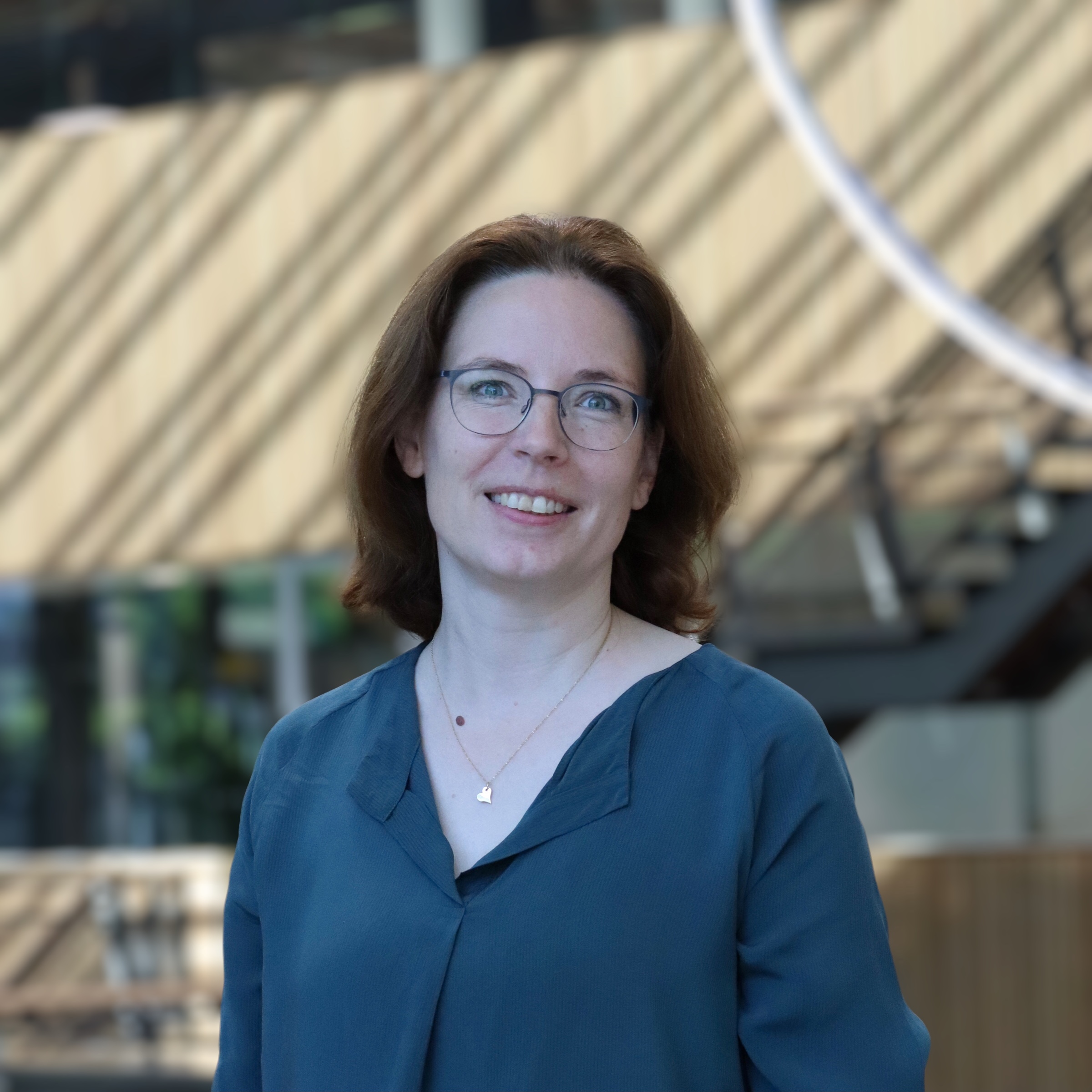
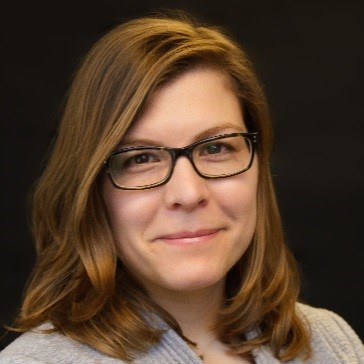
Health problems and consultation patterns of people with intellectual disabilities in Dutch primary care
Wednesday, August 7, 2024, 11:00 AM - 11:20 AM
Two decades ago a study investigating Dutch GP care identified that people with intellectual disabilities (ID) were 1.7 times as likely then people from the general population to present with health problems at the GP. In addition, their health problems were more often of neurological or psychological nature. After two decades and many changes in policy and care, including of introduction of the ID physician as medical specialty in the Netherlands, we explore current GP care for people with ID.
Chronic diseases in people with ID in general practice: Prevalence and care needs
Wednesday, August 7, 2024, 11:20 AM - 11:40 AM
The impact of chronic diseases may be even larger than for people with than without intellectual disabilities (ID), especially of cardiovascular disease, diabetes mellitus, and chronic obstructive pulmonary disease (COPD). Due to the limitations in adaptive behaviour and intellectual functioning, people with ID may experience difficulties with recognising symptoms of ill-health and care needs. Chronic diseases may therefore be recognised at later stages, and chronic disease management may not fully meet their needs. This research therefore aims to 1) examine the prevalence of chronic diseases, and 2) explore the care needs of chronically ill patients and their primary healthcare providers (PHCPs).
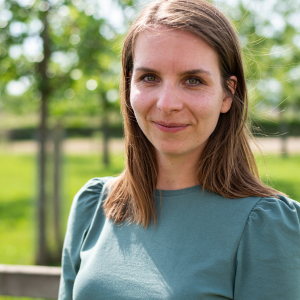

Primary mental healthcare for people with mild intellectual disabilities
Wednesday, August 7, 2024, 11:40 AM - 12:00 PM
People with mild intellectual disabilities (MID) experience more mental health (MH) problems compared to the general population, but often do not receive appropriate MH care. General practices play a pivotal role in primary care to this patient group. In order to optimize care, it is important to gain insight into the actual primary MH care provided, supplemented with the perspectives of patients and primary healthcare providers (PHCP) on received or provided MH care. These insights were missing until now.
The role of specialized medical ID expertise in the medical care for people with ID
Wednesday, August 7, 2024, 12:00 PM - 12:20 PM
People with intellectual disabilities (ID) experience complex medical care needs and high levels of multi-morbidity. In mainstream healthcare, these needs might remain undetected leading to unmanaged health problems and avoidable deaths. Specialized expertise on the health needs of people with ID has been suggested as a solution. However, little is known about the characteristics of specialized medical ID care. This study explored the characteristics of specialized medical care for people with ID provided by the ID physician.

Marian Breuer
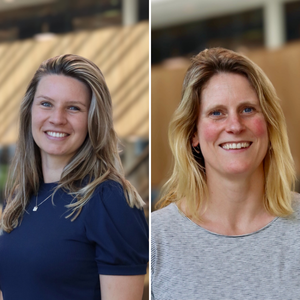
Essential topics in health support of people with intellectual disability for support workers in The Netherlands
Wednesday, August 7, 2024, 11:20 AM - 11:40 AM
People with intellectual disability who live in supported arrangements often depend on support workers to identify health needs, ensure timely access to health services, and promote healthy lifestyle. However, support workers may not be aware of the specific health needs of people with intellectual disability. They are often insufficiently equipped with the knowledge and skills necessary to provide optimal health support for people with intellectual disability. This gap provides a significant opportunity to improve the health status of people with intellectual disability through training of support workers.
Harnessing Population Data for Intellectual Disability Health Monitoring
Wednesday, August 7, 2024, 3:45 PM - 4:05 PM
Individuals with intellectual disabilities (ID) often face common diseases similar to the general population. Yet, understanding disease nuances within public health and routine care settings for those with ID remains notably limited. This knowledge gap contributes to prevailing health disparities. In response, a comprehensive program in The Netherlands was initiated to systematically monitor the health of individuals with ID by optimizing the use of population and routine care data.


General practitioner data and specialized outpatient intellectual disabilities clinic data: opportunities for healthcare improvement
Wednesday, August 7, 2024, 4:05 PM - 4:25 PM
Persons with intellectual disabilities (ID) in the Netherlands receive primary care from their general practitioners (GPs). In the Netherlands GPs act as gatekeeper and can refer patients to specialized ID physicians in outpatient clinics. Both healthcare providers register their encounters in electronic health records creating accessible research data. This presentation shows the value of these data and explores the opportunities arising from combining these two data sources. The aim of this presentation is to highlight the extensive information obtained from GP data and ID outpatient data separately and demonstrate how their linkage enhances our understanding of health care delivery.
Inclusive paths to science: Empowering individuals with intellectual disability in health research
Wednesday, August 7, 2024, 4:05 PM - 4:25 PM
Individuals with (mild) intellectual disability or low literacy skills are often excluded from scientific projects, despite their valuable insights. In an exploratory study, we empowered individuals with MID to lead their own research with assistance of academic researchers, aiming to 1) identify the areas where additional support is required, and 2) determine whether this inclusive research approach contributes to facilitating a more positive perception of science.


Overcoming Data Integration Challenges in Intellectual Disability Care: a case study approach
Wednesday, August 7, 2024, 4:25 PM - 4:45 PM
Reimagine connections, not between individuals, but between disparate data sources. It is without doubt that a lot of data is routinely being collected in intellectual disability (ID) care in a multitude of information systems. These repositories encapsulate a wealth of information spanning an individual's entire life. However, unlocking the potential of this data for scientific research encounters a significant hurdle — the information is often dispersed across multiple systems. The data being spread over multiple systems doesn’t necessarily need to hamper research as long as it is Findable, Accessible, Interoperable, and Reusable (FAIR). Unfortunately, this is most often not the case in ID care and therefore complicates data re-use.
Improving suitability of intellectual disability care: the value of linking data for policy
Wednesday, August 7, 2024, 4:45 PM - 5:05 PM
The large amount of data generated in the intellectual disability (ID) care setting hold promise for answering research questions and for informing development of policy and guidelines. They can be highly valuable for improving the suitability and quality of care for people with ID. This presentation uses examples from several data sources to show the value of using data in research and policy.


A Roundtable Discussion on Inclusive Research Training with People with IDD and Academic Researchers
Tuesday, August 6, 2024, 5:30 PM - 7:00 PM
In what is commonly referred to as 'inclusive research,' the firsthand experiences and expertise of individuals with intellectual and developmental disabilities are integrated with the skills of academically trained researchers. This collaboration aims to enhance the relevance and quality of the research process. Unfortunately, there is a noticeable absence of research training for both individuals with intellectual and developmental disabilities and academic researchers, particularly training that extends beyond existing research projects. To foster the capacity of individuals with intellectual and developmental disabilities to engage as researchers and to encourage academic researchers to collaborate with them, there is a need for opportunities to learn about research and assess its suitability for them. Currently, a coordinated approach regarding the content and scope of such training is lacking.